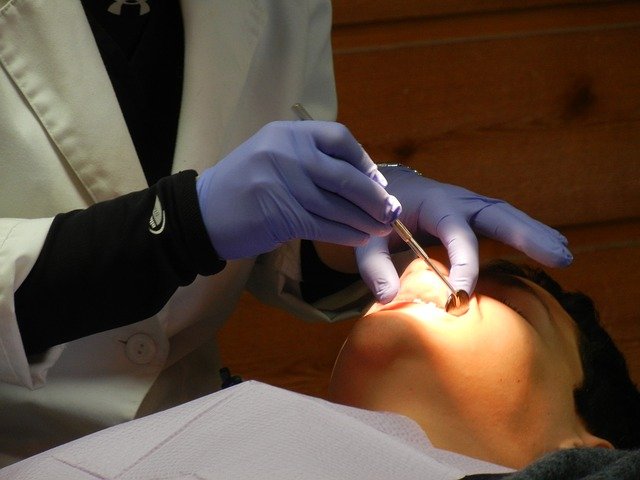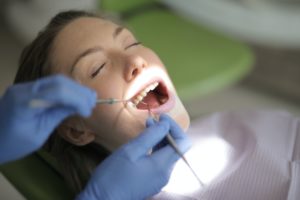How Can Dentists Help You Cure Loose Teeth?
Finding a loose tooth in a child is nothing to worry about; in fact, it is even considered a rite of passage. But once a person reaches adolescence or adulthood, a loose tooth is not normal anymore. For some, it can be a cause for alarm. After all, adult teeth are already permanent and designed to last a lifetime. Many causes of loose teeth among adults are harmless, but there are cases where a dental professional is needed to either save the tooth or remove it and get it replaced.
Treatment Options for Loose Teeth
- Bone grafts. This will help rebuild bone loss from gum disease.
- Dental appliances. Bite splints and other dental appliances can reduce damage from grinding and aid in healing following dental surgery.
- Diabetes treatment. Appropriate treatment for diabetes is essential for dental health.
- Mouth rinses or medications. Products like these promote the healing of infected gums while combating bacteria residing in the mouth.
- Scaling and tooth planning. This is a kind of deep cleaning procedure that treats and helps reverse gum disease.
- Soft tissue grafts. Sometimes called gum grafts, these prevent stopping the progress of tooth loss among people with gum disease.
- Surgery. This removes inflamed bones and gum tissue damaged by gum disease.
If a tooth does fall out, your dentist can restore your smile with a dental bridge. This is a kind of crown that fits over the tooth on either side of the lost tooth, creating a bridge between two healthy teeth. Another option is a dental implant, which involves an artificial tooth and root that is connected to the jawbone. Although all the options listed above are effective, it is important that the underlying cause of tooth loss is treated to prevent complications and further damage.
Common Causes of Loose Teeth
- Gum disease. Also called periodontists, this condition involves gum inflammation and infection, usually caused by poor oral hygiene habits. Plaque that is not removed during regular brushing and flossing can harden and turn to tartar. Left untreated, tartar causes gums to pull away from the teeth, creating small pockets where bacteria can enter and wreak havoc.
- Pregnancy. Increased levels of progesterone and estrogen during pregnancy can affect the tissues and bones in the mouth. These hormones can alter the bones and ligaments supporting the teeth, causing one or more teeth to come loose. Although these changes will resolve after pregnancy, it is important for pregnant women experiencing loose teeth to see a dentist to rule out other oral health problems.
- Teeth injury. The impact of a blow on the face can damage the teeth and their surrounding tissue, leading to a loose tooth. also, grinding the teeth at night or clenching during stressful situations can wear down the tissues and loosen teeth.
- Osteoporosis. This disease causes the bones to become porous and weaken so that even minor impacts can break bones. Osteoporosis usually affects the hips and spine, but it can also damage the bones in the jaw supporting the teeth. If the jaw bone becomes less dense, the tooth can lose and start to fall out. Surgical procedures like tooth extraction can also cause osteoporosis.
Among adults, a loose tooth can be a cause for alarm. However, if the problem is detected early and acted on as soon as possible, there is still a chance for the tooth to be salvaged. Should this fail and the tooth is lost or requires removal, there are several restorative methods available that can still give the appearance of a natural tooth. Talk to a reputable dentist in your area about the many options for replacing lost teeth.






 |
|